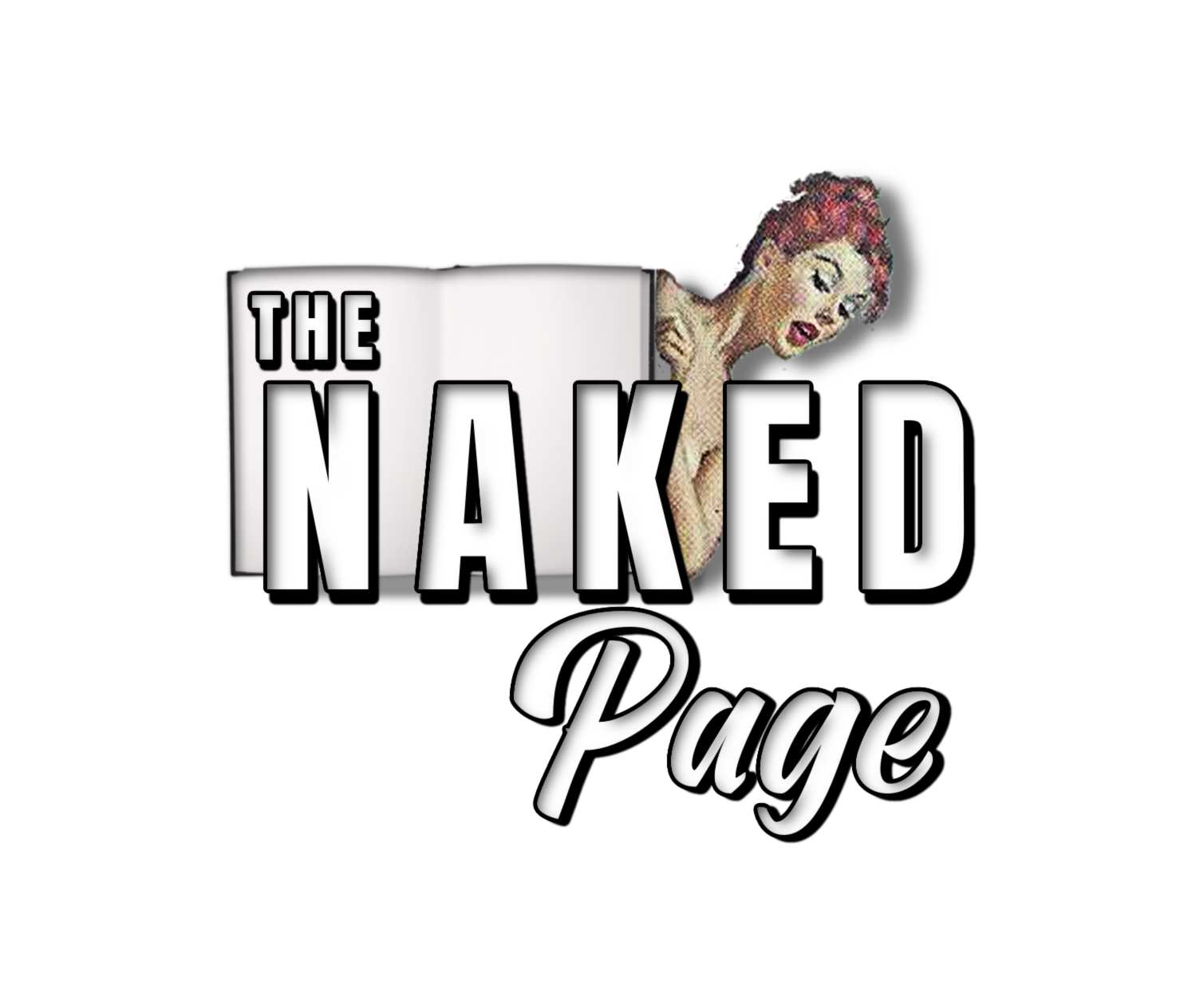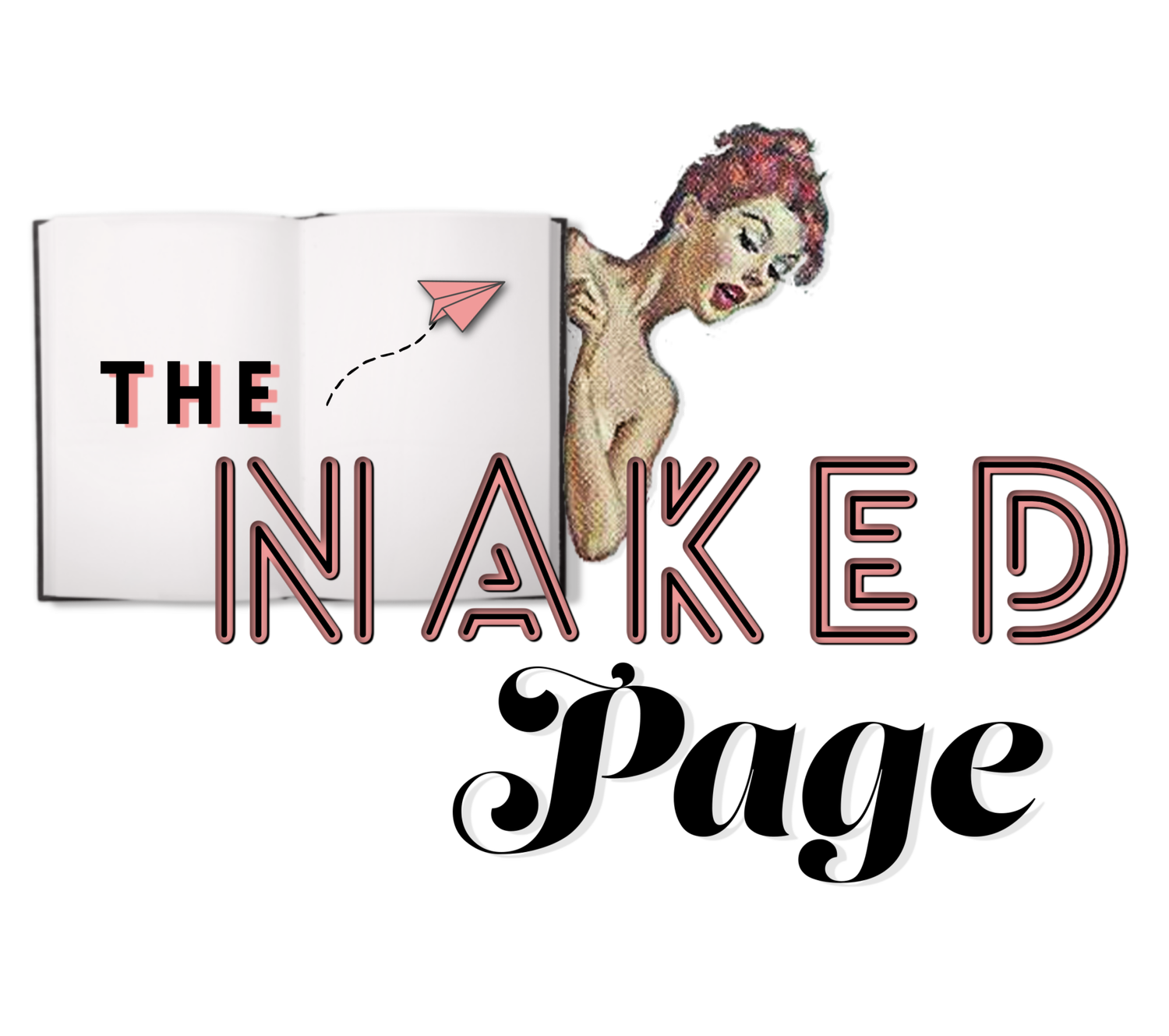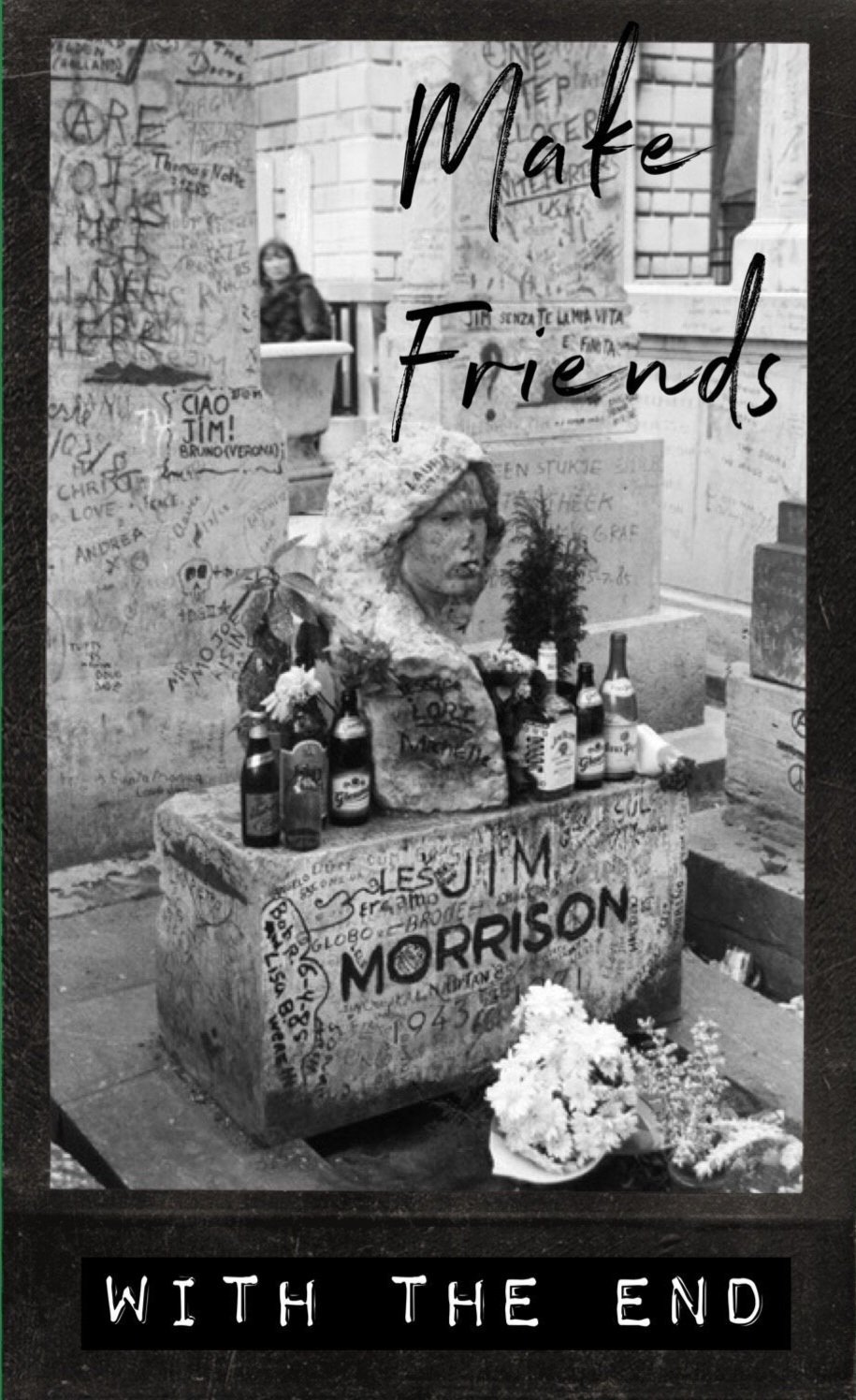This is the End
Endings.
Ever struggle with those in your writing?
This isn’t my usual birth—death—rebirth-themed nugget of inspiration. Although that’s an important concept to consider anytime you’ve reached the culmination of something.
Today, I want to address the kinds of endings that must, well—truly end.
You know the stuff with a complete stop.
Like your book.
I’ve been thinking about endings a lot lately. Not because we’ll soon ring out the old year—time’s just a construct, anyway, isn’t it?—but because we must be aware of how we wrap things up.
I know plenty of people who are fantastic writers but struggle with perfecting those pesky endings. Putting the final period on the last sentence and walking away. That’s hard work. How do you give your audience closure, and tie everything together, while still emphasizing that the characters’ stories will go on and on?
Sing it, Celine.
No, you don’t need a terrific soundtrack or James Cameron’s extra millions.
But what’s the difference in say a grand Titanic ending vs. the endings of shows like The Sopranos or Game of Thrones? You know, those shows where the disappointing finales caused near online riots from unsatisfied viewers.
Do you think those angry TV viewers had a better ending in mind?
Probably not. But they did feel cheated with the finales they received. (I think The Sopranos’ ending was genius, btw, but I had to watch it a few times.)
Why do we place so much importance on the finished product?
There are no true endings in life, only passages of time that move us onto the next chapter. Even what happens after death is debatable. But we still say things like:
“All’s well that ends well.”
“The clue’s in the connection.”
As you move through a conversation, a relationship, or a book, you’re developing a connection to either a person or a story. Establishing a real connection is how we know we aren’t alone in the universe. It’s how we realize we’re all just fragments of the same divine stuff. It’s the place where our soul sparks show through the veil of ordinary reality.
I don’t want to get too tangled up in a spiritual spiderweb here. But I do think something greater than us is happening when we listen to one another.
We exchange energy. We establish a bond.
And that connection—and subsequent breaking apart of it—is entirely a spiritual matter.
Have you ever been in a 5-minute conversation with a stranger and felt odd when it was time to leave?
Think about the smallest of endings, breaking away from a hug or that moment when one person pulls from handholding. There’s an awareness of returning to personal isolation, isn’t there? You feel unsteady.
None of us—not even the hardcore introverts—are well prepared for that aloneness after such a vital coming together.
Life after a connection is unstable, liminal. It’s like you’re between two worlds.
That’s why we must cultivate a sense of the divine in our everyday lives.
It’s also why you better write a freakin’ fantastic ending to your story if you don’t want to be skewered by an audience.
I’ll be the first to admit I’ve sucked at the real-life endings in my past. I’m either too awkward in closing a casual conversation or I don’t speak up enough for my own needs during a meaningful relationship, so I burn out and cut things off—badly. Maybe that’s why I pay so much attention to how I write endings.
I want to evoke thoughtful resolutions.
Who doesn’t want to serve up some Six Feet Under finale of ever-expanding consciousness?
Okay, maybe my endings aren’t as impressive as that powerful show’s finale, but I do strive to write ones that have closure + open-ended awareness with a dash of hope. It’s quite a feat to accomplish.
What if you have the chops to write an entire book, yet you get stuck trying to finish it? Should you just give up?
No, don’t you dare. I believe writing enlightening endings is a learnable skill. It just takes some practice and a bit of know-how as far as what you’re aiming for. And here’s a hint:
To create significant endings, you’ve got to find the power in the connections that lay before them.
I’ve been exploring a lot of philosophy, self-help, and support groups lately. And I’ve been pinpointing what works and what doesn’t work for me. In other words, what do I connect with? What stands out isn’t necessarily the readings or techniques of a specific philosophy.
It’s the outcomes. How I felt after applying each technique or strategy.
It helps to check in with myself after I’ve read something or attended a workshop.
Did I:
feel energized?
want the experience to keep going?
connect to a higher sense of purpose or understanding?
go in search of more of the same experience afterward?
The endings of things reveal truths.
Ever notice how people who serve up nothing but B.S. online will never let things end?
I’ve been bothered lately by self-appointed gurus who exploit their positions for quick money grabs. Many of these “practitioners” don’t have much depth. They’re using manipulative marketing tactics and vague language to hypnotize an audience.
One way you can spot these snake oil salesmen is by noticing all their extras. They’ve got add-ons and upgrades, aplenty. These guys will never let you just buy a book or take one class. It’s all a bit vampiric.
If a business never wants its relationship with you to end, its goal is to better its bank account, not help you better yourself.
RUUUUUUUUUNNNNNNNN!
People who are masters at understanding real connection and growth, let stuff go.
The people who have integrity know clients will find them again. They understand that despite an ending, your relationship held a real connection, so there’s always the possibility of a reunion.
This same integrity can be used in wrapping up a story for your audience.
You’ll want your readers to hang onto every word you’ve written, yes, but you know you must write a well-crafted ending, too. Closure in stories is important because it teaches us how to better manage the loose ends of our own lives. These endings help us make meaning. And if done right, they can point us in the direction of where we need to go next.
Transcendence. That’s the real key to closure.
I’m talking about expansiveness. Feeling like you’ve obtained more than just reading words on a page.
It’s only when we experience this transcendence that we truly feel alive.
It can be hard to build transcendence into a story, but we all know when we don’t feel it. Think about the last time you opened up to someone, only to discover they weren’t really listening to you. Ladies, I know you know what I’m talking about!
It doesn’t just hurt our feelings. It’s a glaring spotlight on all the emotional effort we’ve invested that’s not returned to us. And that lack of connection makes us feel disconnected and alone.
I’ve spoken to a lot of writers who struggle with critique groups in the same way. They make themselves vulnerable by sharing stories they’ve spent so much effort crafting, expecting thoughtful feedback in return. But too often the criticism they receive is either overly harsh or is only fluff and stuff.
Having your typos picked apart when you want someone to connect to your characters or your book’s bigger message feels like a slap in the face.
A better approach would be if someone listened while you read your story and provided you with a compassionate reflection. A recap that helped you gain more insight into your own words.
I discovered this simple but oh-so-revolutionary technique of compassionate reflection by working with Pelágia of SheSpeaks SheListens. I mentioned this experience in my post How to Listen While You Write.
Pelágia told me she gives her speakers two options on a SheSpeaks SheListens call.
They can choose either: 1) a compassionate reflection or 2) a thank you and goodbye.
She said every single person has chosen to receive the compassionate reflection.
Is there any surprise there?
We all need to be heard, but more so, we’re craving to be understood and we long for the connection that gives us.
Recently, I got to be the listener on a call. The experience of providing a compassionate reflection was just as fulfilling as receiving one.
Here’s why a compassionate reflection works at establishing a transcendent connection:
The speaker knows to expect a thoughtful recap of their words, so they feel heard and are in a receptive position.
The listener knows they must provide an insightful summary, so they stay anchored to the speaker’s words.
It’s a simple concept, but I believe it’s truly revolutionary.
Even if the speaker and listener don’t know each other, the compassionate reflection honors their time together, transcends it, and provides a sense of closure.
One of our greatest tasks in life is to reflect to people what they need most.
So how do we reflect transcendent qualities to others? And can we do this when writing the endings of our stories?
Interestingly enough, after my listening session with Pelágia, I discovered a new Masterclass with Chris Voss—the FBI agent famous for his hostage negotiations.
The Voss class isn’t about manipulation tactics at all. It’s a simple, yet advanced system of using compassionate reflection. One in which collaboration is the focus.
Whether you’re conversing with your best friend or negotiating with a hardcore business opponent, these skills teach you how to listen and reflect to the other person.
I’ve taken some of the Voss strategies and married them to my theatre knowledge and editing tactics, so they work for writers.
Try out these strategies to help you create more connective endings either in your conversations or in your writing process.
Here’s how to emulate the components of a compassionate reflection in regular conversations:
You can’t give a compassionate reflection to anyone unless you’re truly listening. That doesn’t mean just hearing words. You must listen to the tone of voice and the vocal inflections while sensing the underlying meaning. How do you respond? Can you evoke a sense of empathy in your voice?
When you hear a person, you aren’t waiting to interject your thoughts. You may forget what you were going to say. Responding with laughter or an understanding sigh is a way of indicating you hear the speaker. Active listening gives a speaker clues they are being heard.
“What I’m hearing you say is…” followed by a recap of the speaker’s main points seems like the best way to connect to the speaker. However, Voss mentions that this mostly focuses the conversation on ourselves. To keep focused on the speaker’s ideas, open with statements like “it sounds like” or “it seems like…”
Did you hear any words or concepts that were repeated? Did you get any visual imagery while the other person was talking? How can you sum up what the other person said in a neutral, but thoughtful way? It isn’t easy. But if you’re really listening, the speaker’s words will guide you. Try starting with sentences like “___________ comes up a lot for you. It sounds like you’re trying hard to __________.” (Chris Voss calls this technique labeling)
If you’re unsure of anything the speaker said, ask a question. Letting the speaker know you want to learn more is a deeply connective act. Voss recommends calibrated questioning. Those are questions that evoke a sense of empathy (More on this empathy check in a new blog).
How to apply the compassionate reflection to the end of your stories:
Keep in mind that the end of your book or story doesn’t have to be a happy one, but it has to be relevant. Endings are not the time to reveal new information. Think about a creative way of tying all the storylines together. This is what your reader is most eager to understand at the end.
Speaking of your reader… put yourself in the shoes of someone who doesn’t know what to expect from you. What would they need to get out of this book to feel the transcendence and find closure? How can you wrap it up but take it to the next level? What would make the ordinary extraordinary here?
Can you see your story come full circle? Are there elements from the beginning of the story that you can reapply at the end? Think in terms of a spiral. Each time you approach the same material you do it with an ever-deepening awareness.
Can you project an inward journey outwardly? In other words, can you take the wisdom learned from an experience and simplify it so it becomes clearer for a reader? What higher-level spiritual lessons—not just plot points—need to get resolved here?
When in doubt read more poetry! Poetry is a form of writing that places big concepts into the smallest containers. Good poetry will reveal transcendence within everyday experiences. My friend and favorite poet Olivia Stiffler has two books of poetry and poems online. Reading these poems might help you sharpen your skills of transcendence. Or check out the daily poetry from the Paris Review.
Make sure your reader has gained a significant connection. It’s your job as a writer to help them identify the extraordinary in the ordinary. And to help them feel like they are conversing with your material before you say, “The End.”
And remember, “Love one another” is great advice. But “hear one another” is how we find real connection and closure. And that’s where true love resides.
Fin.


